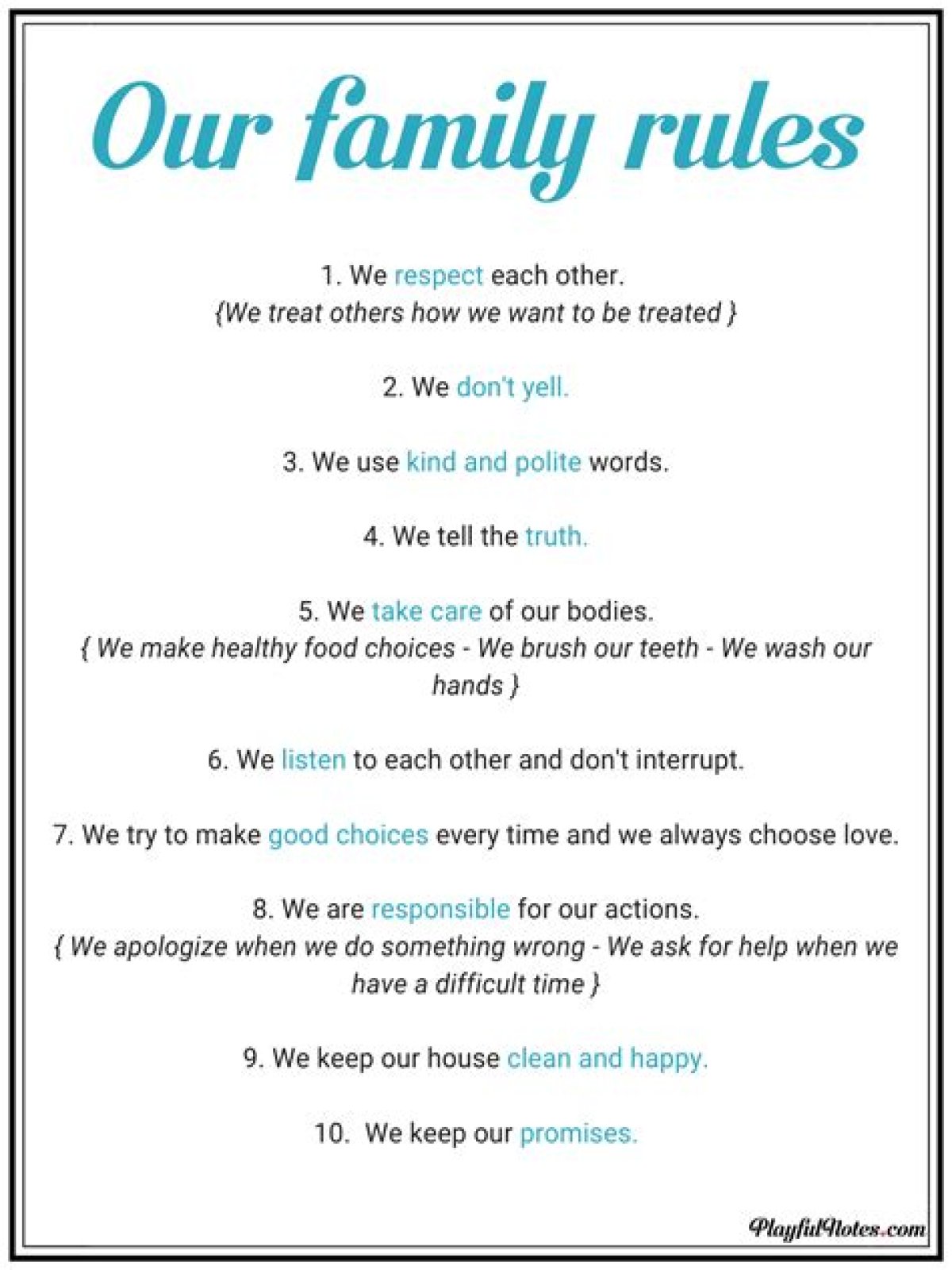What are examples of family policies?
Family policies often focus on reducing overpopulation, child malnutrition, infant and maternal mortality, and child labor, as well as finding homes for orphans and abandoned children.
What social policies affect the family?
Most social policies affect families in some way or other. Some are aimed directly at families, such as laws governing marriage and divorce, abortion or contraception, child protection, adoption and so on.
What are the two types of social policy?
Focus on individual offenders and the social context which encourages them to commit crime. There are two broad approaches – Intervention, identifying groups and risk of committing crime and taking action to limit their offending, and Community – involving the local community in combating crime.
What is the role of family in American society?
The primary function of the family is to ensure the continuation of society, both biologically through procreation, and socially through socialization. From the point of view of the parents, the family’s primary purpose is procreation: The family functions to produce and socialize children.
What are work family policies?
Work-family policies are generally associated with positive employment outcomes for mothers, relative to childless women. Work-facilitating policies such as childcare for young children have decisively positive effects on mothers’ employment hours and wages.
What is social policy examples?
Important areas of social policy are wellbeing and welfare, poverty reduction, social security, justice, unemployment insurance, living conditions, animal rights, pensions, health care, social housing, family policy, social care, child protection, social exclusion, education policy, crime and criminal justice, urban …
What are some social policies in the United States?
Social Security The primary social insurance programs today in America are Old Age, Survivors, and Disability Insurance, Unemployment Insurance, and Workers Compensation. To receive benefits, a person must contribute payroll taxes during their working years.
What are the basic and social needs of the family?
Physiological Needs: air, food, water, shelter, warmth, sleep, etc. Security Needs: safety, shelter, security, law & order, employment, health, stability, etc. Social Needs: Belongingness, love, affection, intimacy, family, friends, relationships, etc.
How do families contribute to society?
As basic and essential building blocks of societies, families have a crucial role in social development. They bear the primary responsibility for the education and socialization of children as well as instilling values of citizenship and belonging in the society.
